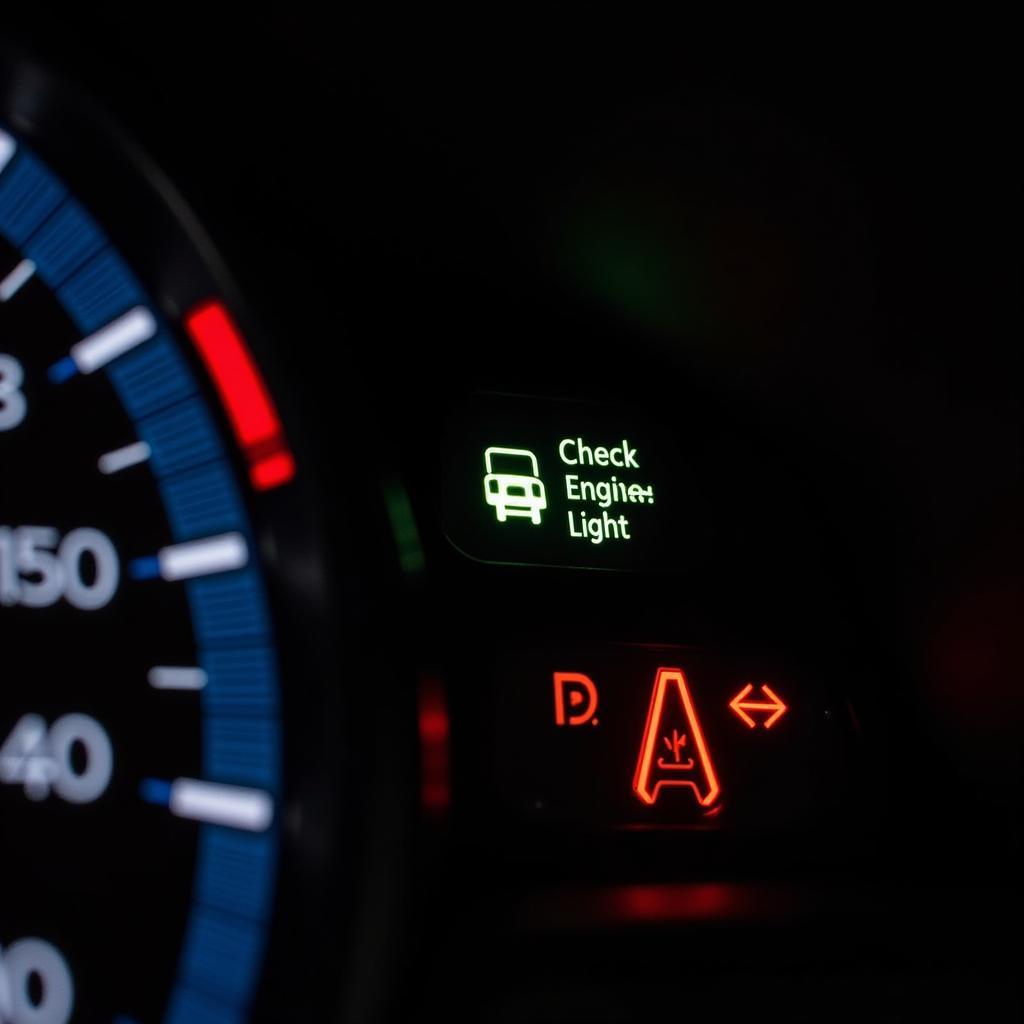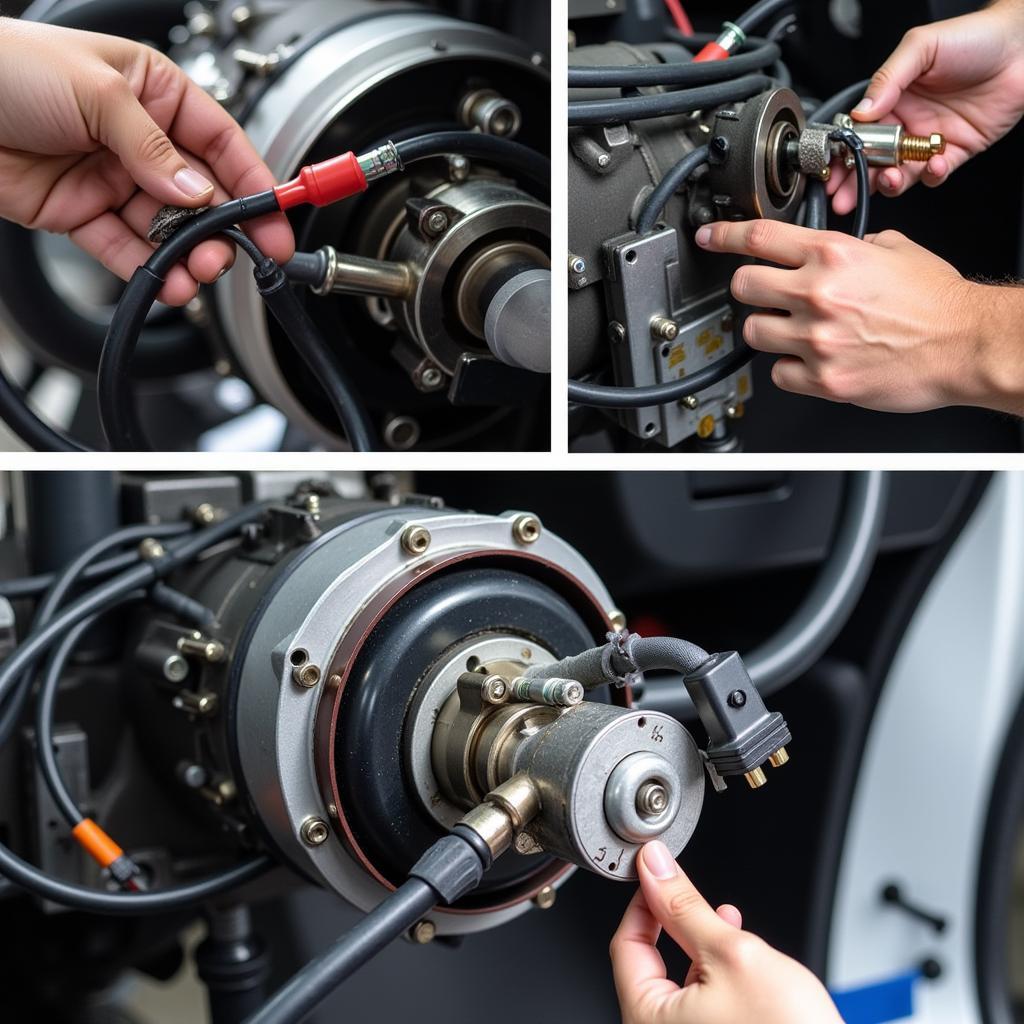Smart cars are known for their fuel efficiency and compact size, making them ideal for city driving. However, like any vehicle, they can experience transmission issues. This guide will delve into common smart car transmission problems, helping owners, mechanics, and technicians diagnose and address these challenges effectively.
Understanding the intricacies of smart car transmissions is crucial for effective troubleshooting. These automated manual transmissions, often referred to as “AMT” or “semi-automatic” transmissions, operate differently than traditional automatic or manual gearboxes. Knowing the unique aspects of these systems can save you time and money in the long run. Similar to 2013 smart car transmission problems, many issues can stem from the automated clutch system.
Common Smart Car Transmission Symptoms: What to Look For
Several symptoms can indicate a problem with your smart car’s transmission. These include rough shifting, jerking or hesitation during acceleration, delayed engagement of gears, slipping between gears, unusual noises like grinding or whining, and the dreaded “check engine” light. Recognizing these signs early on is crucial to preventing further damage and costly repairs.
 Smart Car Transmission Warning Lights on Dashboard
Smart Car Transmission Warning Lights on Dashboard
What causes rough shifting in a smart car? Often, rough shifting can be attributed to a malfunctioning actuator, low transmission fluid, or a software glitch. Ignoring this symptom could lead to more severe problems down the line. Another common issue is the car refusing to shift into gear. This could be due to a faulty clutch actuator, a problem with the transmission control module (TCM), or even a simple low battery issue.
Diagnosing Smart Car Transmission Problems: A Step-by-Step Approach
Diagnosing transmission problems requires a systematic approach. Begin by checking the transmission fluid level and condition. Low or dirty fluid can significantly impact performance. Next, use a diagnostic scanner to read any stored fault codes in the TCM. These codes can pinpoint the source of the problem. If the issue persists, a thorough inspection of the clutch actuator, sensors, and wiring harnesses is necessary.
Why is my smart car jerking when accelerating? Jerky acceleration can be caused by several factors, including a faulty clutch actuator, worn clutch components, or issues with the transmission’s computer. Consulting a qualified technician is essential for accurate diagnosis and repair. Just as with 2009 smart car transmission problems, many of these issues can be traced back to the complex interplay between the electronic and mechanical components of the transmission.
Smart Car Transmission Repair and Maintenance: Keeping Your Car on the Road
Regular maintenance is vital for preventing transmission problems. This includes regular transmission fluid changes according to the manufacturer’s recommendations. Additionally, addressing any minor issues promptly can prevent them from escalating into major problems. For complex repairs, it’s best to consult a qualified smart car specialist. They have the expertise and specialized tools necessary to handle these intricate systems.
How much does a smart car transmission repair cost? The cost of repair varies depending on the severity of the problem. Minor repairs, such as a fluid change or sensor replacement, can be relatively inexpensive. However, major repairs like clutch actuator replacement or TCM replacement can be significantly more expensive. For an idea of potential costs, you might find resources like how much to expect for a car with transmission problem helpful. This also shares similarities with 2015 smart car transmission problems.
Preventing Future Smart Car Transmission Problems: Proactive Measures
Proactive maintenance is the key to preventing future transmission issues. Regularly checking the transmission fluid, avoiding aggressive driving habits, and addressing any warning signs promptly can significantly extend the life of your smart car’s transmission. Remember, early detection and intervention are crucial to avoiding costly repairs down the line. If you are looking for reliable vehicles, you may consider checking out highest performing cars without problems.
 Regular Inspection of Smart Car Transmission Components
Regular Inspection of Smart Car Transmission Components
Conclusion: Keeping Your Smart Car Running Smoothly
Smart car transmission problems can be frustrating, but with proper diagnosis and maintenance, they can be effectively addressed. By understanding the common symptoms, following a systematic diagnostic approach, and prioritizing preventative maintenance, you can keep your smart car running smoothly for years to come. For any assistance with your smart car’s transmission, feel free to connect with AutoTipPro at +1 (641) 206-8880 or visit our office at 500 N St Mary’s St, San Antonio, TX 78205, United States. We’re here to help!






Leave a Reply